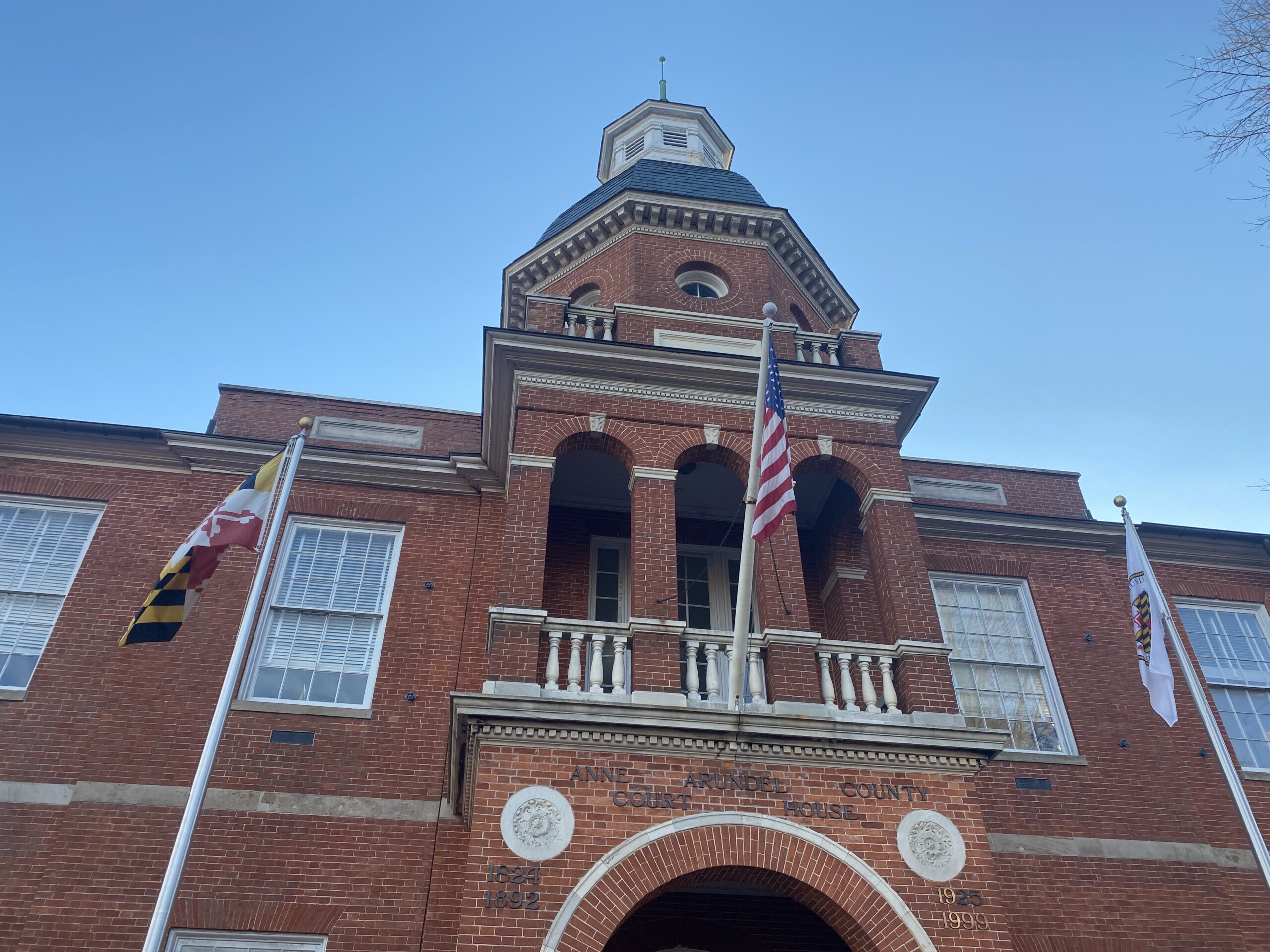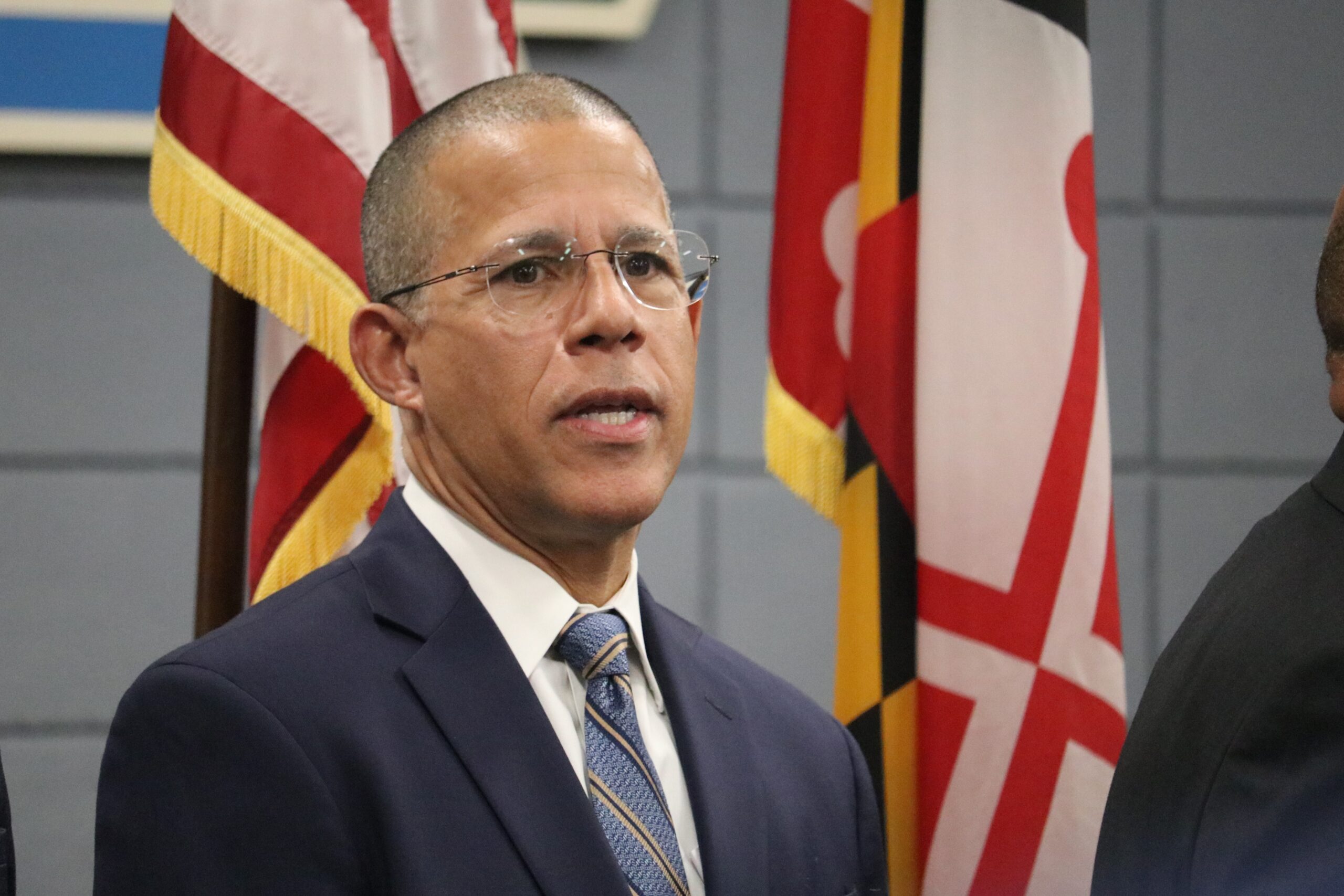Survivor: Key School ‘groomed’ her and other students in sexual culture

Sally Benson experienced a troubled home life as a teenager when she moved to Southern Maryland with her father and his second wife, who was verbally abusive toward Benson.
Because of the emotional abuse from her stepmother, staff at Key School in Annapolis, which Benson started attending in the fall of 1976, recommended that she move into a faculty member’s home.
But Benson, who graduated in the spring of 1978 at age 17, said she endured more abuse by staff and other adults who hosted parties with drugs, alcohol and sex.
“I started to be groomed and caught up in that culture,” Benson, now 62, said in an interview via Zoom from New Mexico. “I was fairly vulnerable.”
Benson and three other former Key School students, all women, are part of recently filed complaints in Anne Arundel County Circuit Court under the state’s Child Victims Act, which eliminates the statute of limitations on civil actions for child sexual abuse. Now survivors can sue their abusers, or organizations that harbored them “at any time.” Two other former Key School students filed lawsuits against the school when the law went into effect Oct. 1.
Del. C.T. Wilson (D-Charles County), a child abuse survivor, pushed to eliminate a legal technicality called “statute of repose.” It was a provision in a 2017 child victims bill meant to prevent future changes to the law, which lawmakers debated whether to repeal until this year.
The bill was one of the first signed into law by Gov. Wes Moore (D).
As for the Key School cases, the six women who filed suit, saying they were abused in the 1970s, are now in their 60s.
“The cases were filed because Key School fostered a sexually driven culture where the administration turned a blind eye, and in some ways, promoted this idea that it was cool,” Elisha Hawk, an attorney with the Jenner Firm representing the former Key School students, said in an interview.
The suits request a jury trial for compensatory damages and other relief deemed by the court.
After a social media campaign launched by former Key School students who claimed sexual abuse occurred at the school, the Key School hired the Baltimore-based law firm of Kramon & Graham in 2018.
The firm conducted an eight-month investigation and released a report in 2019 that concluded that at least eight faculty members and two adult chaperones – all men – either sexually exploited, had improper sexual contact, or improperly pursued a relationship with students between the 1970s and 1990s.
Matthew Nespole, head of the Key School, deferred in a statement to the 2018 school investigation launched by the school’s Board of Trustees. Nespole was at the school and worked in the same position during that time.
“Key School has taken action to support the health and well-being of victims and worked tirelessly to put systems in place to ensure the health and safety of everyone in our community. This includes establishing a Survivor Therapy Fund, enacting strict policies, procedures and practices to protect students, and establishing multiple avenues for anonymous reporting,” he said. “While we await the court’s ruling on the constitutionality of the Child Victims Act, Key School will continue supporting victims and providing an exceptional education to our students.”
Five of the six Key School suits are in Anne Arundel County and the other is in U.S. District Court of Maryland. The suit in federal court filed Oct. 1 represents a plaintiff who resides in Oregon.
“We filed in federal court to get the issue to the [Maryland] appellate court in the most expeditious manner,” Hawk wrote in an email Wednesday.
The firm is working with other law firms on the Key School complaints – Grant & Eisenhofer and Baird, Mandalas, Brockstedt & Federico.
All three firms are also representing two other people who filed suits claiming abuse by priests against the Archdiocese of Washington and Archdiocese of Baltimore.
In anticipation of lawsuits being filed when the Child Victims Act went into effect, the Archdiocese of Baltimore filed for Chapter 11 bankruptcy, which blocks any civil litigation.
In November, the Archdiocese of Washington filed a legal challenge to the Child Victims Act. In legal documents, the church argues the 2017 statute of repose “cannot be retroactively repealed” and the legislature’s effort to do so was a clear violation of the due process.
State lawmakers, survivors and advocates anticipated challenges would be made to the law, and most likely would come before the Maryland Supreme Court.
The Maryland Office of the Attorney General released a report this year that detailed years of abuse by clergy in the Baltimore archdiocese. Attorney General Anthony Brown (D) said he would “in good faith” defend the legislation should it be challenged in court.
No ‘accountability’
One phrase highlighted in all six complaints against the Key School was that it “failed to create and foster a culture of accountability.”
Benson, one of the former students, said an art teacher hosted parties at his apartment while living with a former Key School student who was an adult at that time and called a “female roommate” in the suit. She first encountered the art teacher at age 16.
According to Benson’s suit, the teacher invited her to dinner, served alcohol and “orchestrated sexual encounters between” Benson and others.
“I feel like it was institutional betrayal or institutional abuse because so many people in positions of power were aware of what was happening and were basically complicit,” Benson said. “They didn’t stop it, and in fact, many encouraged and participated.”
As a young adult, Benson said she experienced depression, eating disorders and attempted suicide.
Benson said she began to recognize triggers of anxiety in 2015 during her doctoral program at the University of Arizona. She graduated last year in rhetoric composition and the teaching of English.
“It was very hard for me at times to understand as a doctoral candidate or a doctoral student working with faculty. Am I just a notch on their CV (curriculum vitae), or do they really care about what’s going to happen to me,” she said. “I was triggered repeatedly during that experience of not understanding how to kind of experience certain situations. That was when I really knew that I had to start figuring this out.”
Today, Benson talks a couple times a month with a mindfulness counselor, who isn’t a licensed psychotherapist. Mindfulness-based cognitive therapy is designed to help people who suffer from depression and chronic unhappiness.
Currently, she works as an instructor at the New Mexico penitentiary for men, where she worked for three years between 2012 to 2015.
“I feel like getting on top of the building and screaming, ‘Don’t you realize if you knew the stories of these people, you would be crying for them as children, wanting to protect them and help them?’” she said. “But now they have a conviction, [some people] think they’re pathological and need to be locked up forever. There’s a disconnect in that thinking.”
Although Benson achieved academic success graduating from a doctoral program, she sometimes feels alone.
She has never been married. She has no children and lives in a studio apartment, which she described as in an old compound, built for state employees in the 1930s, with single-rooms or small one-bedrooms that once had Murphy beds.
“I believe if my life had taken a different path other than the one that it took through this whole Key School culture … I’ve never owned a home. I live in a room that is literally like a hotel room. And I have massive amounts of student debt,” she said. “It’s hard for me to not feel ashamed. Like what’s wrong? How come I didn’t get the memo?”




 Creative Commons Attribution
Creative Commons Attribution